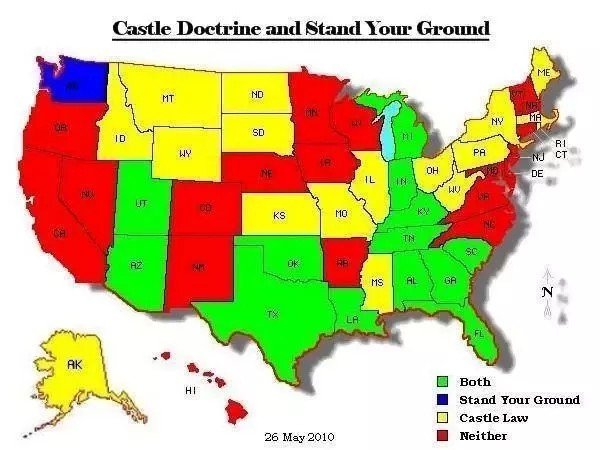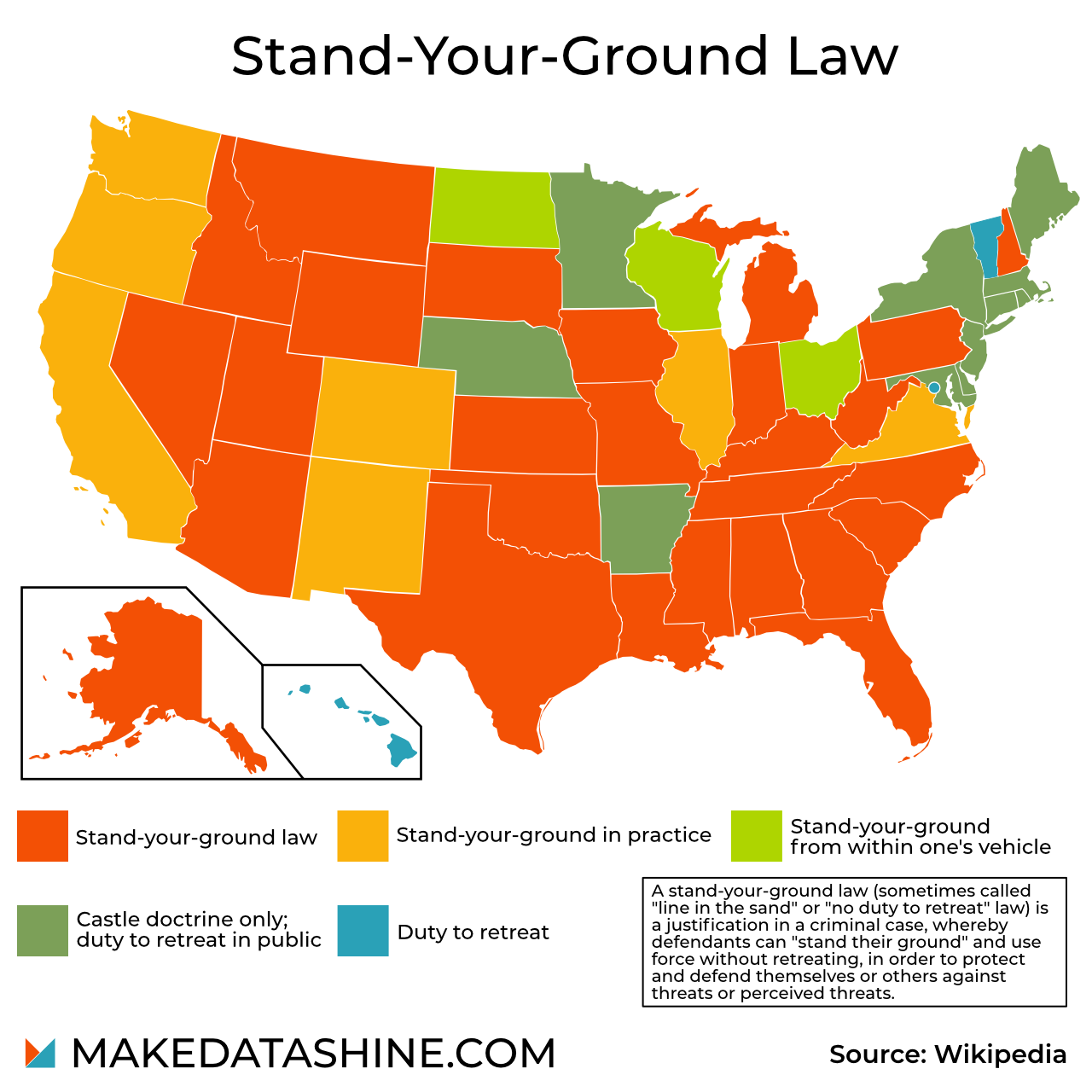Yes, South Carolina has a Stand Your Ground law, codified under S.C. Code § 16-11-440. This law provides legal protection to individuals who use deadly force in self-defense or defense of others without any duty to retreat. In other words, individuals are not legally obligated to attempt to escape or retreat from a dangerous situation before using deadly force if they feel their life or the life of another person is in immediate danger.

Key Points of South Carolina Stand Your Ground Law:

No Duty to Retreat: In South Carolina, individuals are not required to retreat from a dangerous situation before using deadly force. This is a significant difference from the traditional common law approach, which generally imposes a duty to retreat if possible.

Imminent Danger: The Stand Your Ground law applies when the individual reasonably believes that deadly force is immediately necessary to prevent imminent death or great bodily harm to themselves or another person.
No Requirement to Prove Retreat: Unlike some other states with Stand Your Ground laws, South Carolina law does not require the individual to prove they attempted to retreat before using deadly force.
Applies in Various Locations: The law applies in various locations, including public spaces, private residences, and workplaces.
Immunity from Prosecution: If a person acts in accordance with the Stand Your Ground law, they are immune from prosecution and civil liability for their actions.
Burden of Proof: The burden of proof is on the prosecution to disprove the defendant’s claim of self-defense.
Controversies: The Stand Your Ground law has been the subject of controversies and debates, with some arguing that it may lead to excessive use of deadly force and others arguing that it is necessary to protect individuals’ right to self-defense.
It is important to note that the Stand Your Ground law does not give individuals the right to use deadly force in all situations. It only applies when the individual reasonably believes that they or another person is in immediate danger of serious bodily harm or death. Additionally, the law does not provide blanket immunity from prosecution, and the person must still prove that they acted in accordance with the law to avoid criminal charges.






